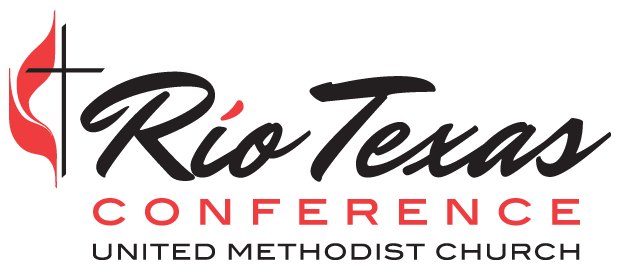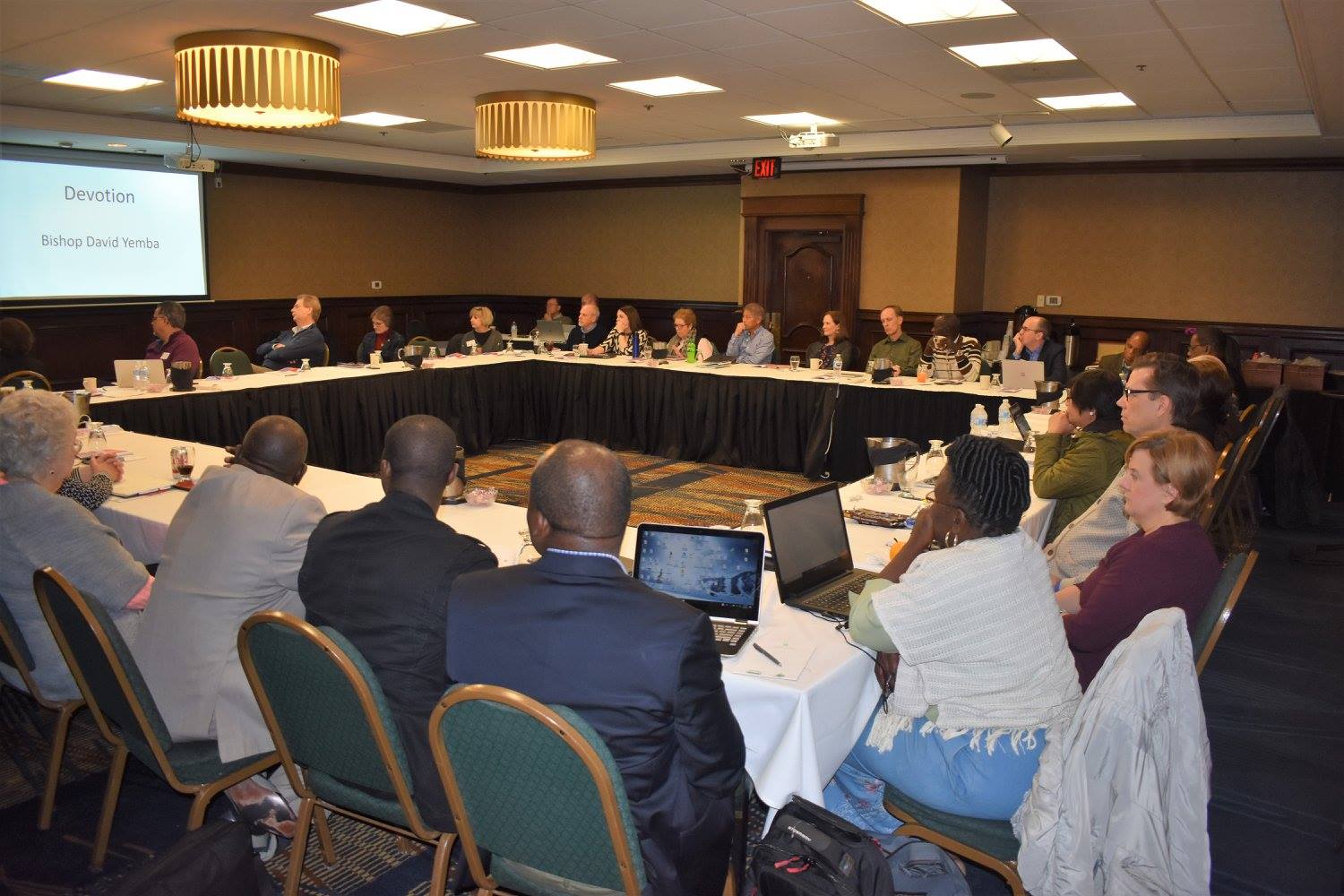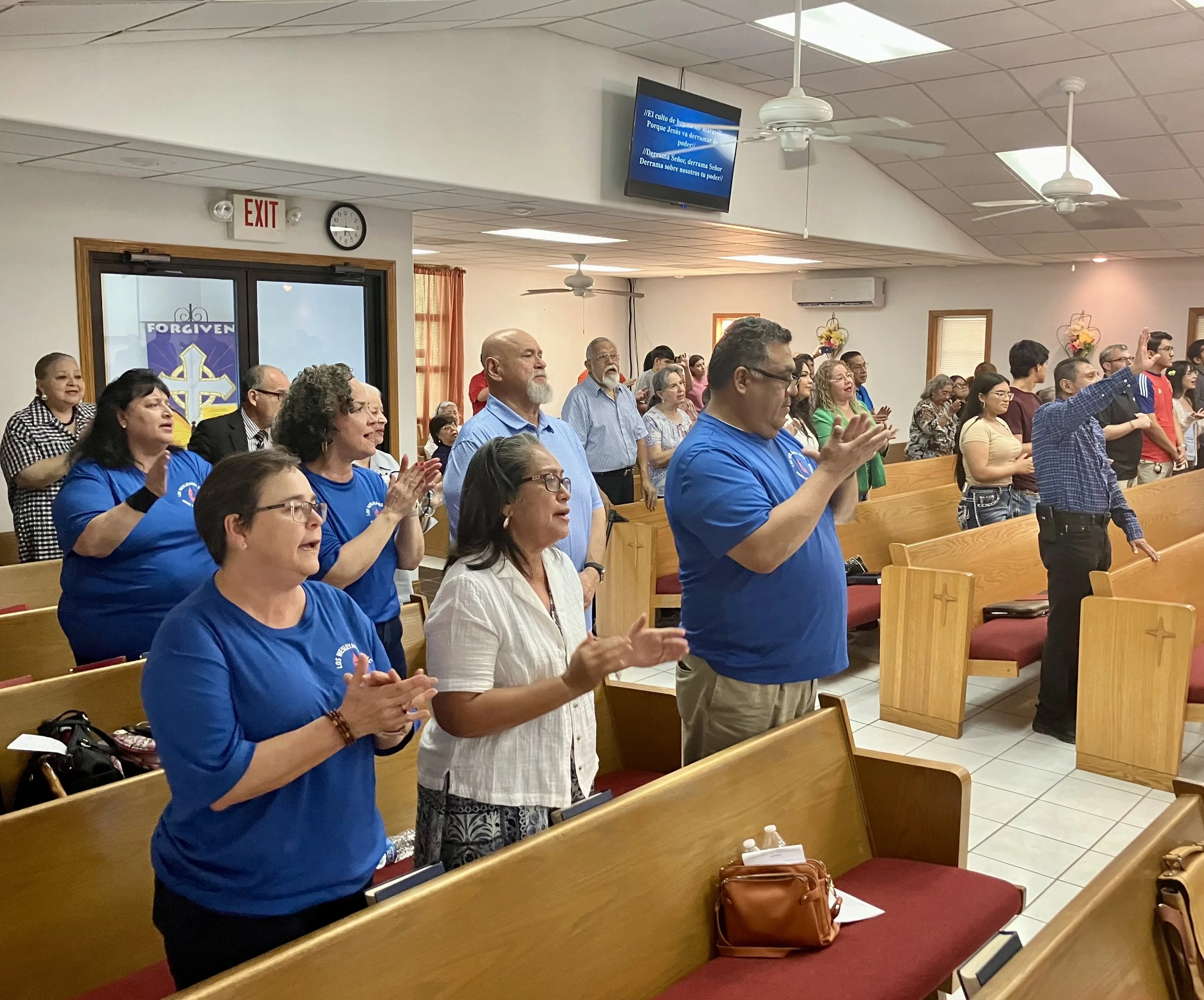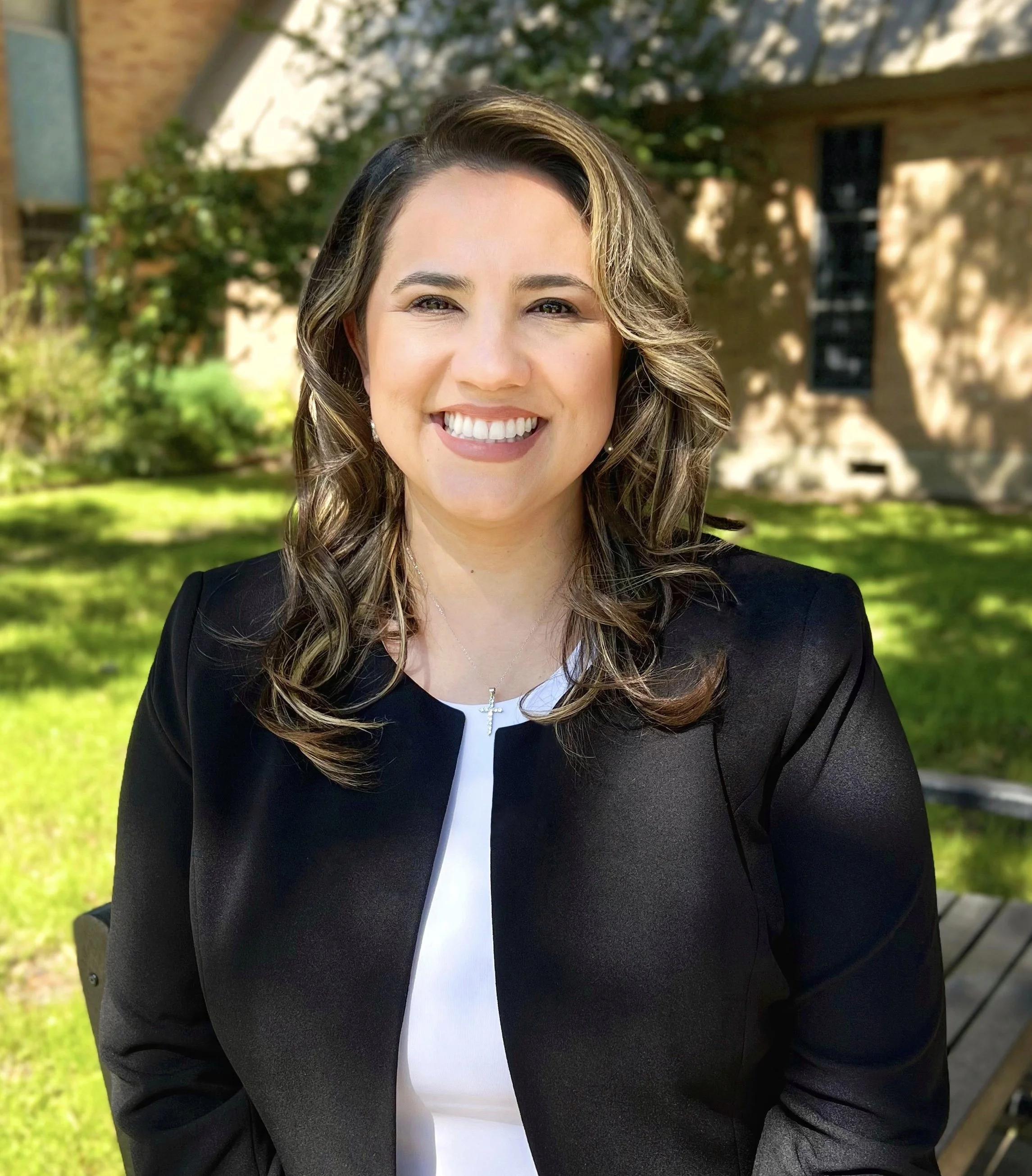Commission on a Way Forward Prepares Updated Report to Bishops
/By Rev. Dr. Maidstone Mulenga, Director of Communications - Council of Bishops
The United Methodist Church
Robert Schnase, Bishop of the Rio Texas Conference looks on with other members during the recent meeting of the Commission on a Way Forward.
DALLAS - The Commission on a Way Forward is nearing the completion of its task of making recommendations of possible ways forward for The United Methodist Church regarding the inclusion of LGBTQ persons in this global denomination.
The 32-member Commission concluded its three-day meeting in Dallas, Texas, on Saturday after reworking sketches of possible models of the future of the denomination that will be part of the final report to the Council of Bishops in May.
Bishop Sandra Steiner Ball addressing the commission.
Bishop Sandra Steiner Ball, one of the moderators of the Commission, noted that the members who have had six meetings since January last year, are confident that the Commission will succeed in its work.
“The common work of God’s spirit moves in each one of our lives. The spiritual gifts that are gifted to each of us by God are given to be used for the common good of all people. It is this Spirit that both unifies us and inspires us to use the diversity of spiritual gifts to be visionaries and to consider the whole realm of what is possible; to dream dreams, big dreams, to the glory of God.”
She said the Commission, in the unity of God’s Spirit, continues to take a fresh look at the church and what is possible.
“We seek a way forward for The United Methodist Church that strengthens and expands Christ’s mission in ways that value and enable the Church to reach more people in different contexts around the world and to minister with faithfulness, humility, creativity, and generosity,” said Bishop Steiner Ball.
Council of Bishops President Bishop Bruce Ough and Area Resident Bishop Michael McKee both addressed the members on Thursday, the first day of the meeting.
“Time is running short and we need to focus. Simple is better than complex. Reasonable detail is better than ambiguity. Fewer disciplinary changes is better than more. Honor the parameters and values of the Mission, Vision and Scope document - unity, contextualization and enhanced mission,” said Bishop Ough.
Bishop Ough also asked the Commission to provide the Council with a draft theological statement that both informs the structural models and creates a compelling narrative for the models.
The commission meeting began each day with a devotion.
Each day of the three-day meeting began with devotions that were led by the moderators, Bishop Steiner Ball, Bishop Ken Carter and Bishop David Yemba, using the 1 Corinthians 12 scripture on the importance of being one body of Christ despite the differences.
In reviewing the feedback from the Council of Bishops, the Commission worked on incorporating the UMC theological foundation in proposed models for the future of the UMC.
“We understand that a way forward must go deeper than structural change and legislative revision. A way forward for the church draws upon the deep consensus of all that we believe and teach, especially about the grace of God which leads to mission and holiness, “said Bishop Carter as he reflected on the theological work.
“At the same time, we approach this theological work with a ‘convicted humility’—we are grounded in important convictions, and yet we ‘see through a glass darkly,’ in Paul’s words, and so we hold these convictions with humility before God and each other,” he added.
The Commission members also discussed the importance of maintaining the missional focus of the UMC in any future structural changes.
“As the commission continues its efforts to dream anew, it also continues to work to paint a picture of the dream for people in ways they can catch glimpses of and have hope for a wholly and holy way forward that enables the UMC to better reach new people, and more people with the good news of Jesus Christ in all parts and contexts of the world.” Bishop Steiner Ball noted.
With Central Conferences being integral parts of any way forward, the Commission spent time working on how those conferences outside of the United States would be incorporated in any possible structural models in this global denomination.
Commission members praying together during their latest meeting.
“We are a global church and every decision we make should be seen in that context,” noted Bishop Yemba as he shared a report on Central Conferences. “As the United Methodist Church continues the struggle on how to find a way forward on the burning issue of human sexuality, we need to continue using our collective wisdom as Connection in order to create space and flexibility that allow central conferences to stay and work together to fulfill our missional mandate.”
Bishop Yemba further noted that: “Many United Methodists outside of the United States would like to see the context be taken into consideration seriously. Whatever models the Council of Bishops will come up with and recommend to General Conference as a way forward, it is expected that such a recommendation will provide space to focus on what unites us and not what separates us as well as what we can say together as basic principles on human sexuality in the light of the Gospel.”
The Commission plans to share its reworked models of possible ways forward with the Council of Bishops next month at a meeting that has been called to specifically hear more from the Commission.
























